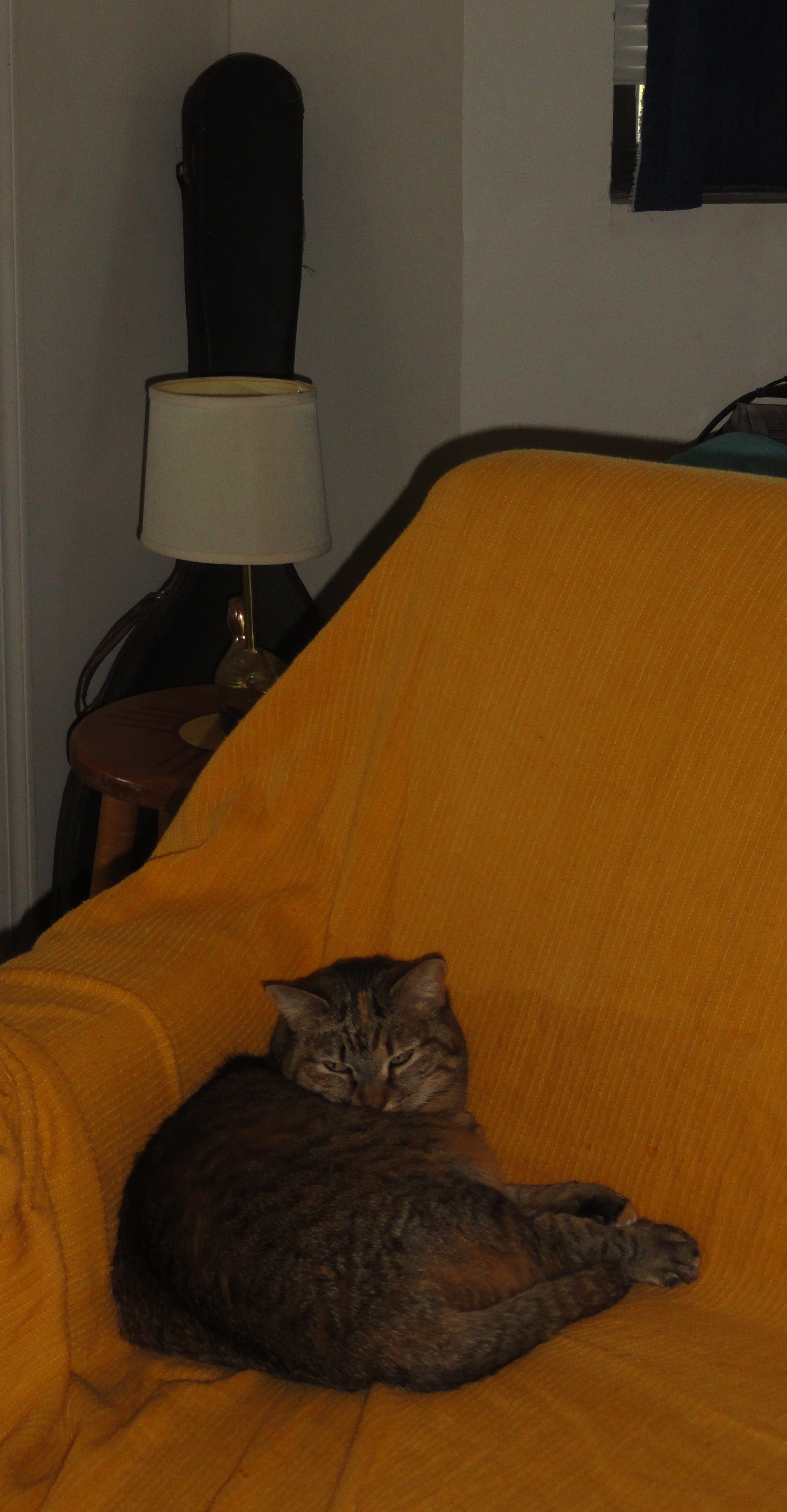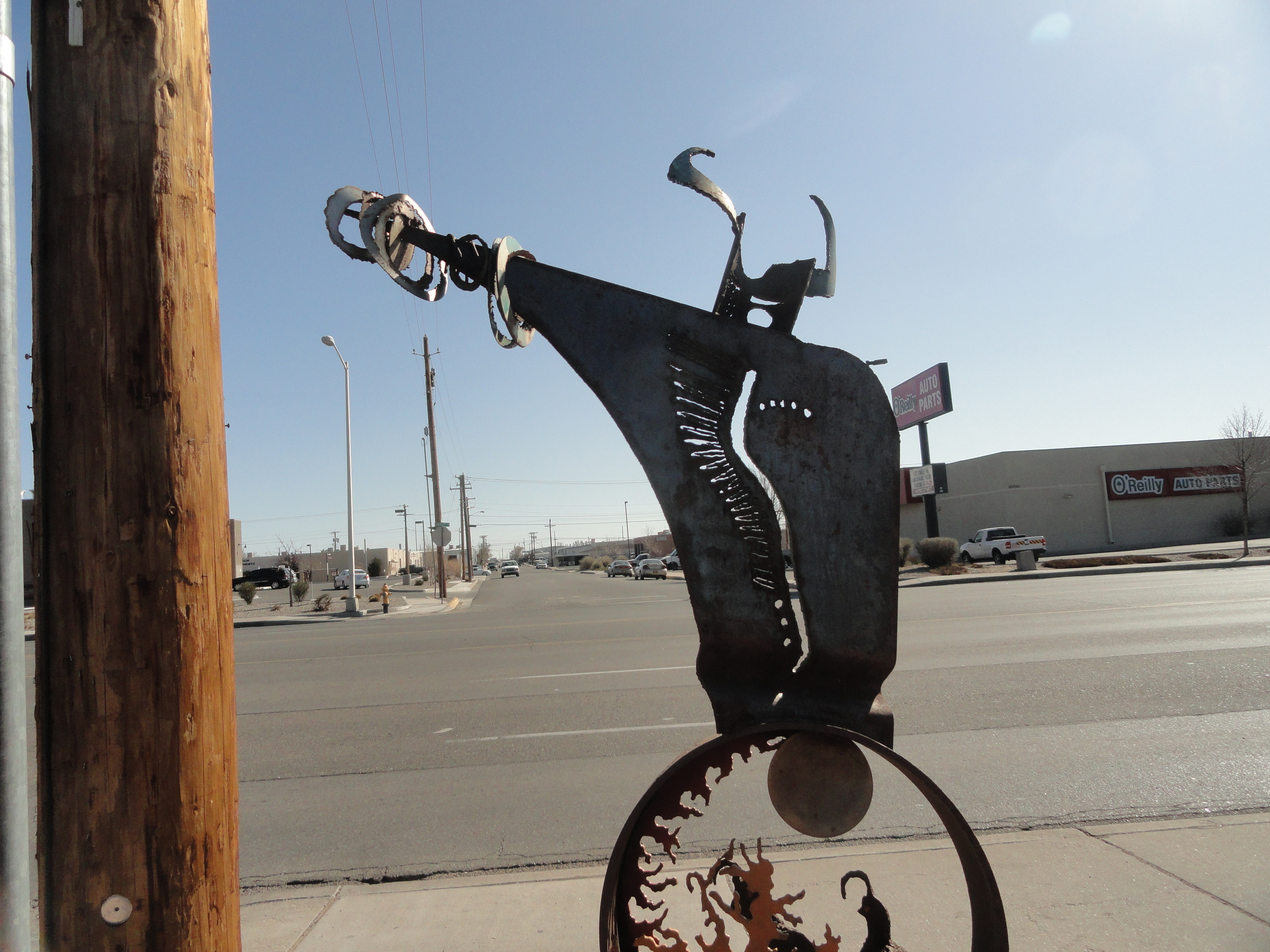
This was written by Joanna Murphy in 2009:
The biggest mistake I made in transitioning to radical unschooling was that I didn't transition. I thought I needed to make a pronouncement about bedtimes and food. I really didn't. I now, many years later, see that I just needed to make MY shifts in seeing how to support them and facilitate their lives—and then do it.
My son asked me, soon after we "stopped doing bedtimes" to please be more present with bedtimes. I had an idea that he "needed" to make these decisions for himself—but that wasn't true for him at all. It was too big and scary, and he stopped wanting to go to bed—probably because he didn't want to face the lights-out transition alone. 20/20 hindsight! LOL I really didn't get that there might be fear and/or abandonment involved—that insight came much later.
We now have a way that works well for us that everyone goes to bed with the last adult (that can stay awake—LOL). It is more important to both my kids to have that help and companionship at bedtime than it is to stay up late. It also supports their desires to do things earlier, since they are still both sleeping about 11 hours. If they go to bed much later than me, the next day is mostly gone when they wake up (as far as doing things with other people).
photo by Sandra Dodd






